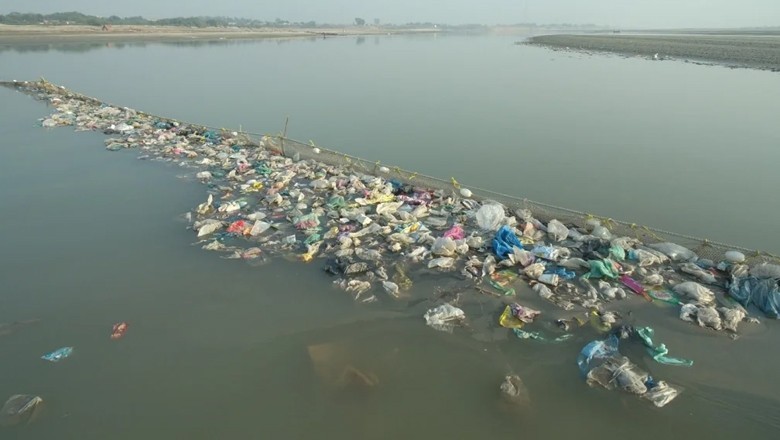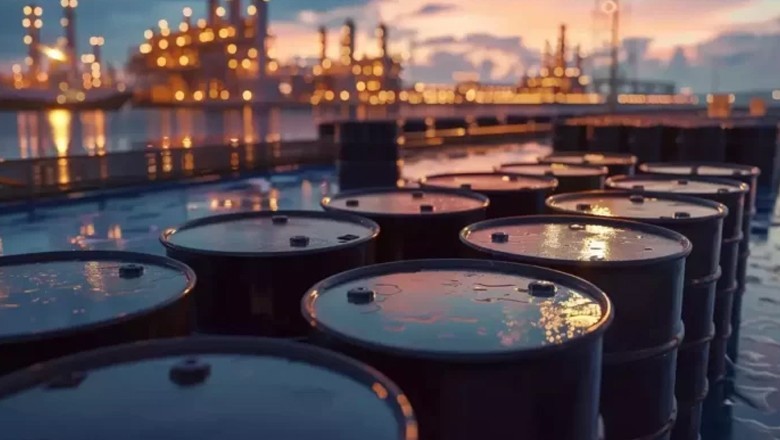Indus River second most polluted in the world

Web Desk
|
11 Jan 2024
The officials from the climate change ministry told a Senate panel that the Indus River has become the second most polluted river globally due to the direct discharge of drainage water from 388 cities in Pakistan into the river.
The Senate Standing Committee on Climate Change, led by Senator Seemee Ezdi, discussed this issue during a meeting at the Parliament House.
Senator Ezdi expressed surprise at seeing fog at the Islamabad airport upon her return from Karachi, by saying, “Islamabad has never seen such intense fog before.”
As stated by Pakistan's Meteorological Department Director General Mahr Sahibzad Khan to the Senate committee, fog had increased in Islamabad because of the lack of rain in December.
He mentioned that it's more likely to rain in the upcoming days this year, especially in the last week of January.
Khan explained that smog is created by harmful gasses, with 45% of it coming from vehicle emissions.
Senator Farooq Hamid Naek added that while fog happens worldwide, Pakistan is causing its smog issue.
He highlighted that the coal plant in Sahiwal contributes to smog, and the coal for this plant comes from Karachi.
“It would have been better if it [coal plant] had been installed next to Karachi,” he added.
Furthermore, Climate Change Secretary Asif Hyder Shah told the committee that the intensity of cold in Islamabad in January this year had decreased to what it was in the past.
The official said at the later 28th session of the Conference of the Parties (COP28) to the UN System Tradition on Climate Alter (UNFCCC), Pakistan faced a lot of pressure for using coal plants but they presented their arguments.
He included that it took a long time of 30 years for created nations to reach an organization where they seem to utilize other sources of vitality.
However, the official conceded that in the long run, the nation would too need to choose elective vitality sources.
The authorities further said climate change had negative financial impacts, focusing on the requirement for oil refineries to utilize quality oil.












Comments
0 comment